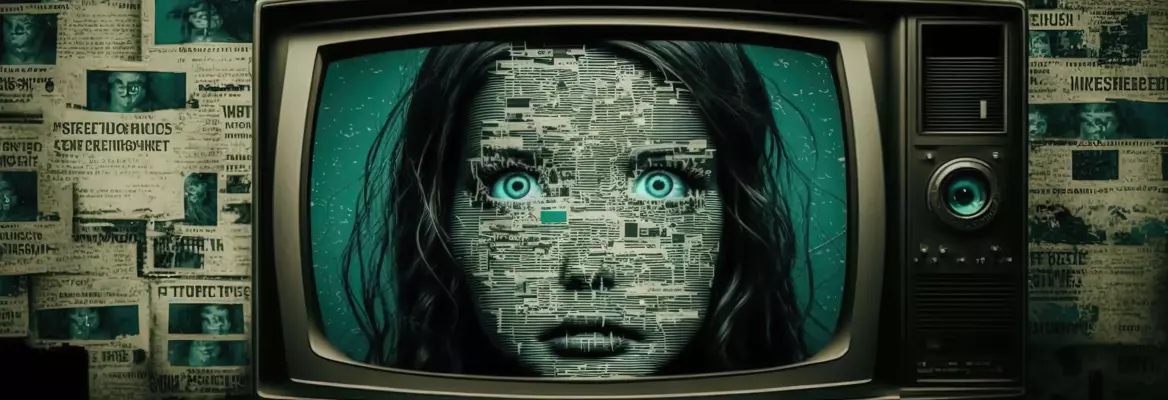The idea we can combat conspiracy theorists with facts is an illusion. We view the audiences of conspiracy influencers like Alex Jones as naïve and in need of educating: if only they could see the facts, they’d see the error of their ways. But the world of conspiracy, far from abandoning facts and reason, has claimed them stylistically as their own. Challenging the facts is not enough. We need a whole new mythology surrounding truth and truth-seeking. Writes Sun-ha Hong.
After every storm comes a limbo. The panic around the fake news and the end of facts has passed from a ubiquitous din to a familiar, if discomforting, elephant squatting in the room, occasionally reminding us: how exactly does mis/disinformation work? What makes so many of us so susceptible to it? Does all the fact-checking even help? While there are many different forms of information pollution – the contamination of our media environment with low-quality or misleading information – the nature of this pollution is not a simple divide between good information and bad, and it is not effectively solved by stuffing people with more and more media literacy. Historians have reminded us that forms of ‘fake news’ have ever been a part of large-scale media systems, and that panics around mis/disinformation even date back to Antiquity: the very practice of history, after all, is often traced back to Thucydides, who sought to establish consistent standards for verifying information in his record of the Peloponnesian War.
Such observations can lead us to a more realistic model of how misleading information becomes appealing. Too often, we are caught in ‘fact nostalgia’ – a convenient fantasy that prior to our current woes, facts were facts and society knew to listen to the most qualified experts. Instead, we must begin with the recognition that, by and large, people do not operate as dispassionate information-processing robots, swallowing messages they consider most rational and spitting out the ones they consider unreliable. We often imbibe media in habitual and ambient ways, and we become attached to factual claims or ideas for the emotions and social relationships they offer as much as their informational quality. We think of facts as epistemic objects, but they can also be deployed as aesthetic ones.
 SUGGESTED READING
The Turing Tests of today are mistaken
By Raphaël Millière
SUGGESTED READING
The Turing Tests of today are mistaken
By Raphaël Millière
Consider the case of what Rebecca Lewis has called the ‘alternative influencer network’ (AIN): a loose umbrella of largely Youtube-based, US-centric influencers who present themselves as disrupting established experts with a fearless, transgressive pursuit of rational analysis and objective truth. Such figures’ success at personal branding, partly through their active leveraging of culture war controversies, has made them a major amplifier of misinformation and conspiracy theory around issues like the 2020 US elections and the COVID-19 pandemic.
Yet when people become avid, regular consumers of such content, they often do so alongside significant ambivalence about just how trustworthy that content is. Regulars of the infamous conspiracy peddler Alex Jones, for instance, lean back on the narrative that while influencers like Jones ‘may not get everything right’, they will investigate things other outlets are too afraid to say. Indeed, many such influencers lean into this dynamic: a common refrain is that they are ‘just asking questions’: that by introducing a climate skeptic theory to the audience or inviting an anti-vaxxer onto their show, they are simply providing a neutral and rational forum for free-thinking viewers to make up their own minds.





















Join the conversation